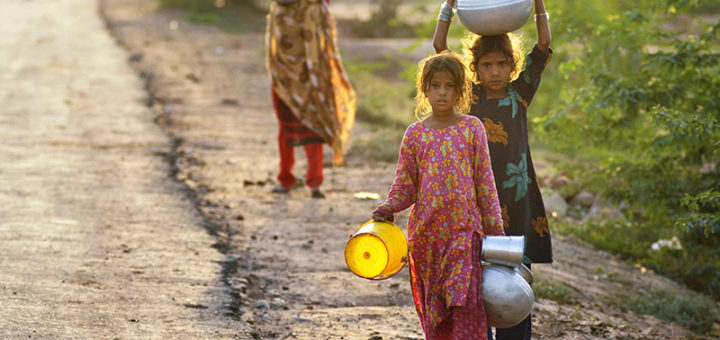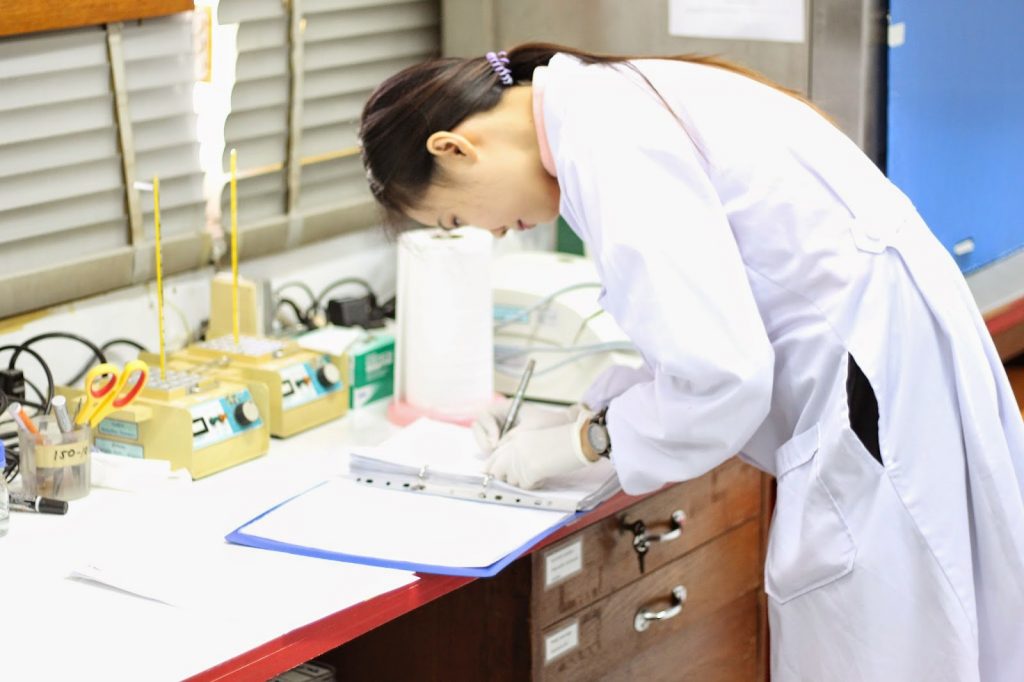Este artículo aspira a ser una revisión crítica de las políticas árticas de la UE, particularmente de la más reciente Comunicación de la Unión Europea para el Ártico, de 13 de octubre de 2021, desde una perspectiva geopolítica e histórica.
Industry, innovation and infrastructure
The poorest people still struggle to have access to sanitation and clean energy. However, as incomes rise in developing countries, access to electricity, clean cooking energy, water, and sanitation, also improves but not as quickly as income growth. The United Nations Sustainable Development Goals (SDGs) aim to achieve universal access to clean energy, water, and sanitation by 2030. This study highlights the challenges of achieving SDGs, but also points to policy directions that could help.
Europe has taken a leading position in relation to reducing greenhouse gas (GHG) emissions by adopting ambitious policies for the development and diffusion of renewable energy technologies. However, research and development (R&D) in new technologies is increasingly taking place on a global scale. This increasingly also involves the relocation of R&D and value-adding innovative activities to emerging economies, such as China, India and Brazil, by multinational companies (MNCs) from Europe.


